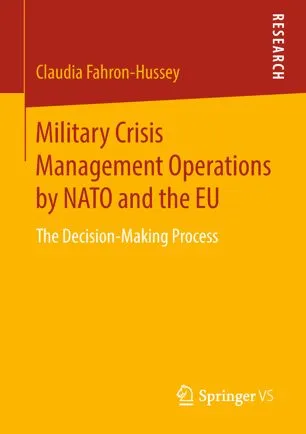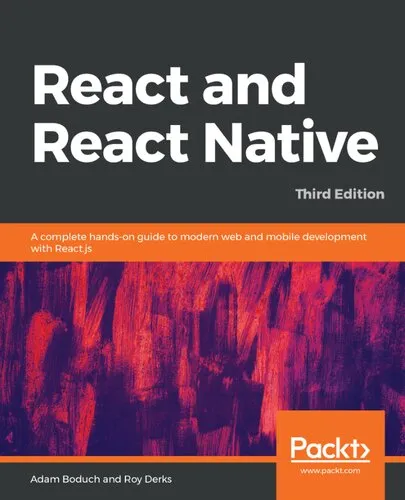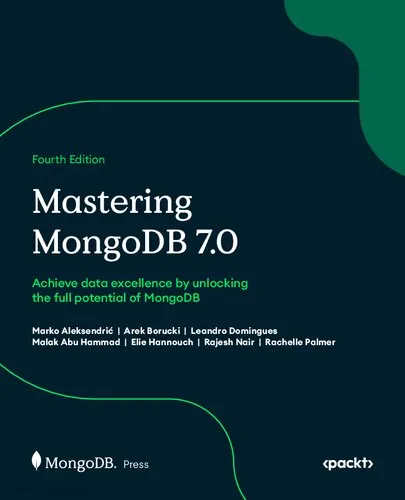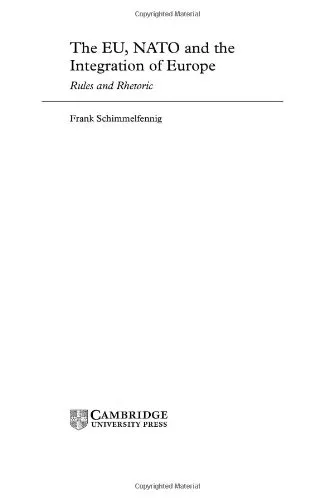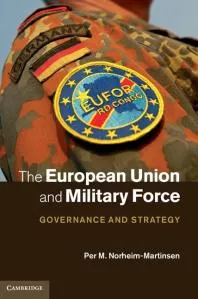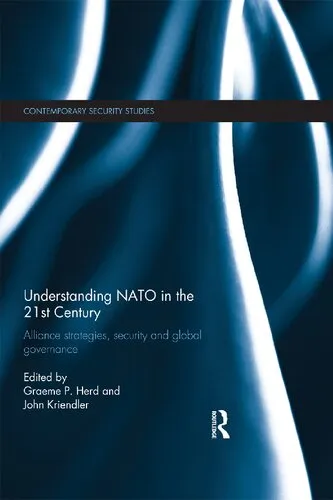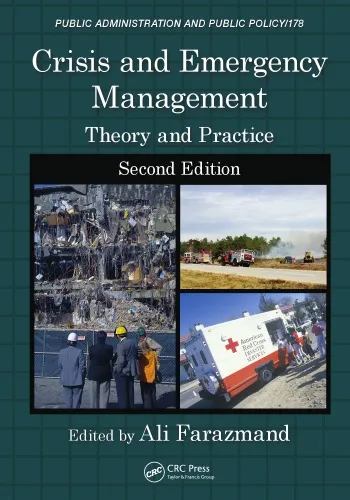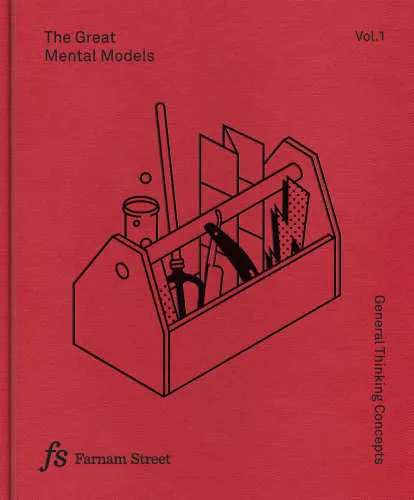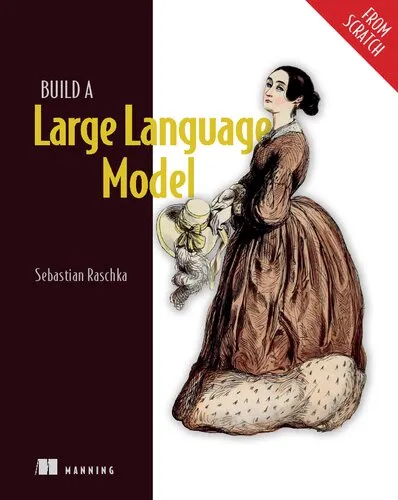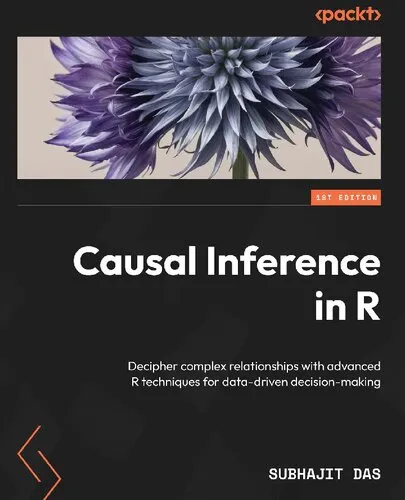Military Crisis Management Operations by NATO and the EU: The Decision-Making Process
4.0
Reviews from our users

You Can Ask your questions from this book's AI after Login
Each download or ask from book AI costs 2 points. To earn more free points, please visit the Points Guide Page and complete some valuable actions.Related Refrences:
Military Crisis Management Operations by NATO and the EU: The Decision-Making Process provides an in-depth exploration of the critical mechanisms driving military crisis management within international institutions. This book, written by Claudia Fahron-Hussey, captures the nuances of decision-making processes that differentiate and define operations by NATO and the European Union. Given the complexity of geopolitical landscapes, understanding these intricacies is more crucial than ever.
Summary of the Book
This book delves into the comparative analysis of decision-making processes within NATO and the European Union regarding military crisis management. By examining the steps from the identification of a crisis to the deployment of forces, Claudia Fahron-Hussey provides a scholarly yet accessible narrative that appeals to students, academics, policymakers, and military personnel alike.
The text is structured to guide the reader through detailed case studies that illuminate various decision-making models employed by NATO and the EU. Each chapter offers a critical assessment of organizational structures, procedural differences, and strategic approaches, highlighting both historical and contemporary examples. The book places a strong emphasis on political, legal, and military factors that influence these processes, showcasing how theoretical frameworks translate into practice.
Key Takeaways
- Understand the comprehensive structures and processes of military crisis management in NATO and the EU.
- Gain insight into how different systems and cultures influence decision-making.
- Explore how theoretical approaches to international relations manifest in practical scenarios.
- Analyze case studies that bring real-world context to institutional operations.
Famous Quotes from the Book
The intricacies of military crisis management are not merely procedural, but deeply human, relying on individual actors who navigate between strategy and diplomacy.
In a world where rapid responses are crucial, the decision-making process must be both efficient and adaptable, reflecting the flexible yet stable nature of international security paradigms.
Why This Book Matters
In the current global political climate, understanding how military crisis management is conducted at the international level is more vital than ever. As military conflicts and crises become more complex, the roles of NATO and the EU in maintaining global stability are under increased scrutiny and demand thorough comprehension.
This book serves as a significant resource for anyone interested in international relations and global security. It not only addresses an audience of academics and practitioners but also appeals to anyone who seeks a deeper understanding of how decisions in crisis situations are crafted and implemented. Claudia Fahron-Hussey's work is not just a study of organizational processes but a reflection on the necessity of effective communication, the imperative of collaborative decision-making, and the ongoing challenge of adapting to an ever-shifting political landscape.
By offering clarity on procedural operations and insights into the political and cultural dimensions influencing crisis management, Military Crisis Management Operations by NATO and the EU: The Decision-Making Process becomes an indispensable guide in the library of students, researchers, and policy enthusiasts.
Free Direct Download
You Can Download this book after Login
Accessing books through legal platforms and public libraries not only supports the rights of authors and publishers but also contributes to the sustainability of reading culture. Before downloading, please take a moment to consider these options.
Find this book on other platforms:
WorldCat helps you find books in libraries worldwide.
See ratings, reviews, and discussions on Goodreads.
Find and buy rare or used books on AbeBooks.
1455
بازدید4.0
امتیاز0
نظر98%
رضایتReviews:
4.0
Based on 0 users review
Questions & Answers
Ask questions about this book or help others by answering
No questions yet. Be the first to ask!
